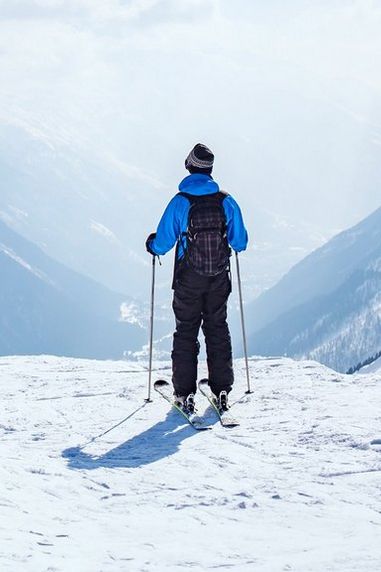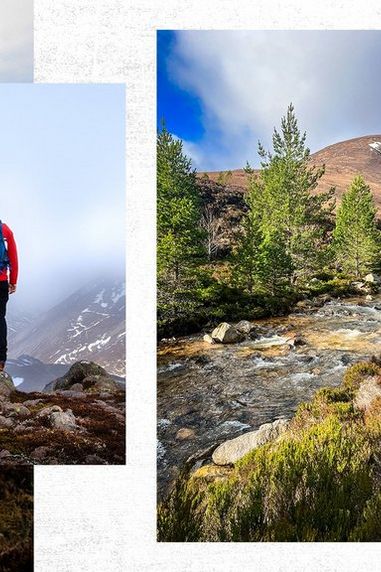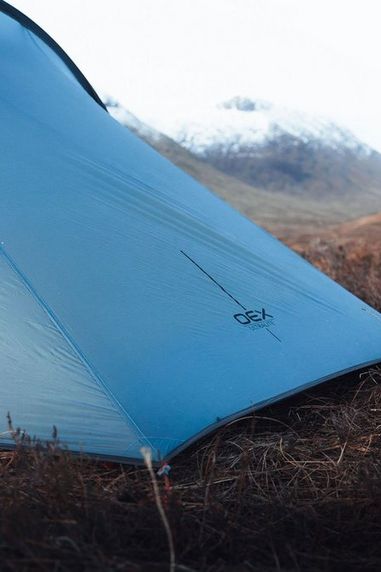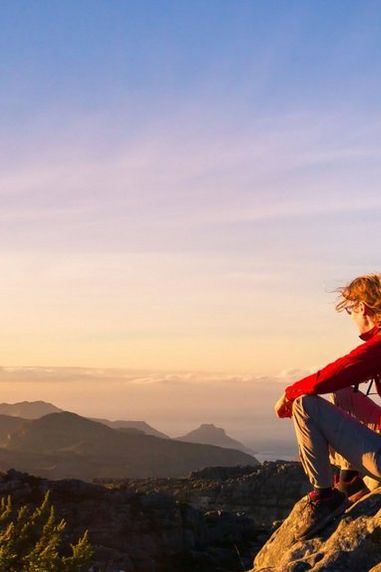Whether you’re not sure about the rules, want a little extra security, or simply can’t bear the thought of camping without the loo, there are plenty of camping experiences around the country that still feel almost like wild camping. Many of them are also a great place to start off if you want to wild camp in future but fancy testing things out first. From working farms to secret islands, we asked the camping experts at Hipcamp to pick their favourite ‘almost wild camping’ spots…

Smugglers Cove, Snowdonia/Eryri National Park
Set beside a working boatyard (where there are also toilet and shower facilities), there are just three pitches at this waterside campsite reached by following a narrow coastal path. Each private spot overlooks the Dyfi Estuary and across to the RSPB Ynys-hir nature reserve on the opposite shore. Take a stroll to the nearby harbour village of Aberdyfi via the “Panorama Walk” for good pubs, fish and chips, and ice-cream.

Alder Carr Farm, Derbyshire
Just south of Ashbourne and the Peak District, there’s just one camping pitch on this working farm. Amenities are basic — there’s a tap, compost loo, and fire pit – and there are plenty of animals to meet. Host, Amy, is as hospitable as they come and offers a trailer ride to get your kit to the car-free camping area beside the stream. After that, you’re left to your own devices, usually with a campfire and the starriest of night skies.

The Lost Norfolk Brickyard, Norfolk
Set on the overgrown yard that once supplied bricks across North Norfolk, this enchanting campsite offers both camping and glamping spread amongst mature trees, bushes, and hidden alcoves. It's family friendly, with both comfortable and wilder options; the latter include composting toilets and outdoor bucket showers. The brickyard's ivy-clad ruins provide a charming backdrop for camping, while Holkham Hall and famously sprawling Holkham Bay are on the doorstep.

Ffynnonwen Farm Wild Camping, Carmarthenshire
This much loved wild site in rural Carmarthenshire has a single pitch in a spacious meadow, often shared with sheep. There’s a toilet and shower in the host’s home at the entrance to the eight-acre smallholding, plus a composting toilet for night time use. Views are of the Cambrian Mountains, a hiking paradise lesser known than the hills of Snowdonia and the Brecon Beacons and all the quieter for it.

Inchcailloch, Loch Lomond and The Trossachs National Park
From March to September only, the authorities at Loch Lomond National Nature Reserve let up to 12 people spend the night on Inchcailloch, a wild-flower-covered island on Loch Lomond. You can catch the ferry or go by canoe but be sure to book a spot in advance (bookings open 4 weeks ahead of time). There are compost toilets and you’ll need to bring your own drinking water – all well worth it for the remarkable setting and seclusion the island provides.

Wild Camping in the Cotswolds, Gloucestershire
This is a simple, working farm campsite with a toilet, a tap, and room for up to 12 people, though it’s all limited to one booking, so you're guaranteed to have the place to yourself. Campers can choose from various spots on the 110-acre farm, with guidance from welcoming host, Celia. Campfires are allowed – stock up on local sausages from one of the many local farm shops.

Badrallach, Scottish Highlands
Down a tiny track that’s over 8 miles from the nearest proper road, this remote campsite sits on the edge of Little Loch Broom with epic mountain views. Individual pitches are hidden among bushes and rowan thickets, providing extra privacy and a wilder feel (if it were needed), and campfire pits are dotted around. Hike along the shore to the settlement of Scoraig, one of the most remote in Scotland.

Bush Farm, Cornwall
There are plenty of camping spaces on this 200-acre rewilding project in Cornwall. The novelty of it, though, is that you can pretty much pitch where you want. For a wilder feel, leave the main meadow near to the off-grid facilities and head to a more far flung spot on the farm or hide in a copse of trees. Nearby attractions like Whitsand Bay and Looe add to the appeal – ask farmer Scott about the secret swimming spot in the River Lynher.





